Setting up a reasonable and high nutrient
diet for pregnant women is very important to ensure the health for both mother
and baby.
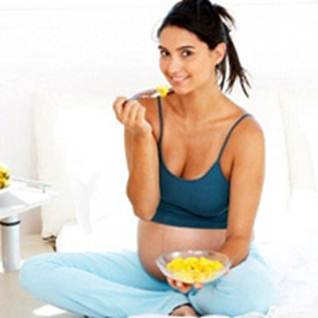
Pregnant
women need balanced and enough nutrient diet
You can set up your own diet easily by
choosing different foods from the five daily food groups as following:
Bread, cereal, and rice
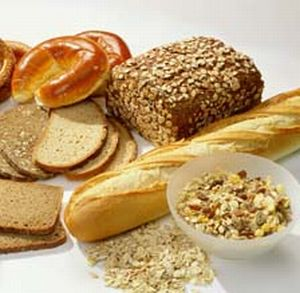
Bread,
cereal, and rice
Pregnant women need from 6 to 11 portions
of this food group. You need to know that this is main food in daily meal of
pregnant women. In each meal, a pregnant woman should eat 2-3 bowls of rice or
instead of bread or cereals.
Foods in this group are rich in
carbohydrate which is the main source of energy. Furthermore, they also are
source of protein, materials to compose muscle of mother and baby. In addition
to, cereals are source of vitamin B and iron for pregnant women.
Vegetables
Vegetables provide vitamins A and C,
minerals and fiber that can reduce constipation. Group foods high in vitamin C
are broccoli, cabbage, green leafy vegetables, potatoes, spinach, green beans
and tomatoes. Foods with high vitamin C help body absorb iron in food. Your
body cannot store vitamin C so you should be absorbed them through vegetables
every day.
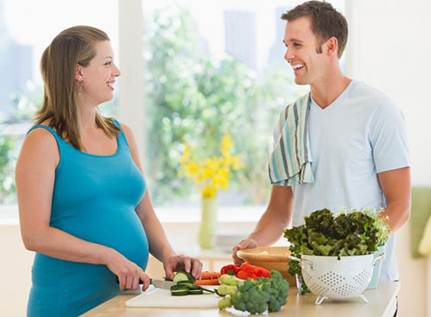
Pregnant
women must not miss vegetables in daily diet
Vitamin A motivates cells’ growth and
health in body of the mother and baby. Vitamin A is contained in green and
yellow vegetables such as broccoli, sweet peppers, sweet potatoes, carrots, and
pumpkins.
Fruits
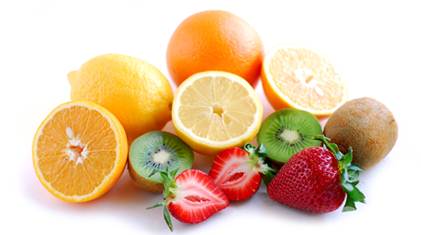
Fruits
Some fruits such as oranges, grapes,
tangerine, water melon, strawberries are rich in vitamin C. Dark yellow fruits
such as melon, apricots are rich in vitamin A. You can eat 3 or 4 portions of
fruit a day: fresh fruit or fruit juice for breakfast, fresh or dried fruit for
middle of morning, fruit salad for lunch, and dessert with fruit for dinner.
Meat, poultry, fish, beans, eggs and nuts
Protein is the main nutrient in this food
group that is necessary for developing new cells and replacing aging cells.
Fresh milk, yogurt, and cheese
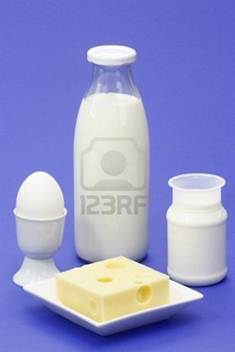
Fresh
milk, yogurt, and cheese
Milk products provide many nutrients,
especially calcium and protein. Calcium is essential for establishing teeth and
bones. If you do not absorb enough calcium, your baby will withdraw calcium
from your bones and make you easy to be osteoporosis later.